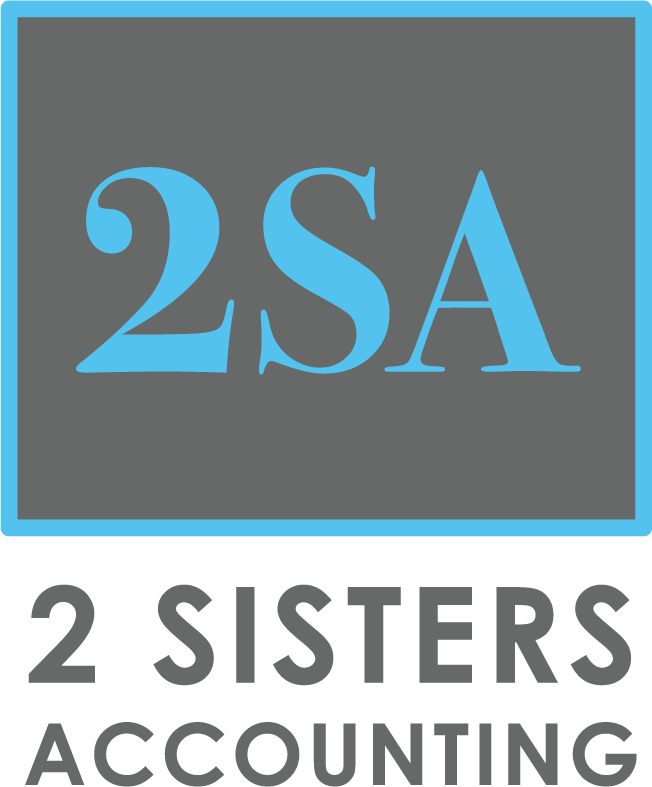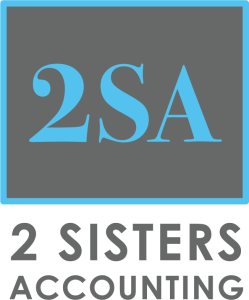When starting your own business you have to make a choice about how you would like your business set up. The main choice is between a sole trader or setting up a limited company. There are advantages and disadvantages of both and what is right for one person may not be right for you.
What are they?
A sole trader is someone who is self-employed, this is the simplest business there is and can be set up by simply registering on the gov.uk website for tax purposes. A sole trader will be owned and run by the person who set the business up.
A limited company is a separate legal entity to the owner of the business, it is owned by shareholders (this may just be one person) and run by the directors or managers. The same person may be the shareholder and director of the company so in the day to day operations it will act in much the same way as a sole trader. A limited company needs to be set up on companies house.
Which has the greatest risk?
One of the biggest advantages of a limited company is that it is its own legal entity and so the liability of the owners is limited to the shares that they own. In practice this means that if everything goes wrong in the business you may lose your investment in the company but your personal assets (your house or car etc) will be protected.
As a sole trader there is no separation between the business and the person, business debts are your debts and so your personal assets are liable to pay for any debts of the business.
When you start a business it is easy to assume that you will never be in a position when you will need to worry about significant debts, however if you have personal assets, such as owning your home, the extra protection offered by a limited company may well be a life saver.
What about tax?
On the whole limited companies can be more tax efficient than sole traders.
Limited companies pay Corporation Tax on their profit in the year the profit is made. Corporation tax is payable 9 months after the companies year end and a tax return must be filed 12 months after the year end.
Directors of limited companies will also complete personal tax returns and tax will be payable on dividends received from the company and any salary received. These returns will follow the April to April tax year. Tax rates on dividends are lower than the tax rates on salaries so it is worth looking carefully at how the directors of a business are paid to ensure the most tax efficient pay structure is used.
Sole traders pay tax on their business profit via the self-assessment tax return system, this is at the usual tax rates and there is no option for dividend income to reduce the tax charge. Self-assessment returns need to be completed by the 31 January after the end of the tax year.
Limited companies are required to pay national insurance on directors salaries and bonuses, both employees which will be deducted via PAYE and employers NI of 13.8%. Sole traders pay less NI as they pay Class 2 contributions and Class 4 contributions.
The tax rules and options can get complicated so please get in touch with 2 Sisters Accounting to discuss the various rules to enable you to make an informed decision as to what is best for you.
How much paperwork is involved?
For sole traders there is little paperwork needed, they are not required to complete annual accounts and just have to submit an annual self-assessment tax return. While they do not need to file annual accounts it is still necessary to keep accurate business records of income and expenses to support the tax returns.
A limited company has to make a few more submissions each year. Annual accounts must be prepared and filed with Companies House for the company’s financial year. These are also filed with HMRC. A Confirmation Statement must also be filed with Companies House including information of directors, shareholders and the registered office. The director will also need to file a personal tax return each year. But with a good accountant this isn’t a bother!
Sole trader businesses have an advantage over limited companies in this respect as they have greater privacy than limited companies. All the filings on companies house are available for the public to view and some people may not like this.
What else?
Sole traders may struggle with raising finance as banks and investors prefer limited companies, this can limit changes for growth.
There is an element of prestige that comes with being a limited company. To some this confers a greater impression of credibility and stability. You may find that some companies will only want to work with limited companies due to the additional legal protection offered.
Finally registering your business as a limited company means you can protect your business name and no one else can use it, there is no such protection for sole traders.







